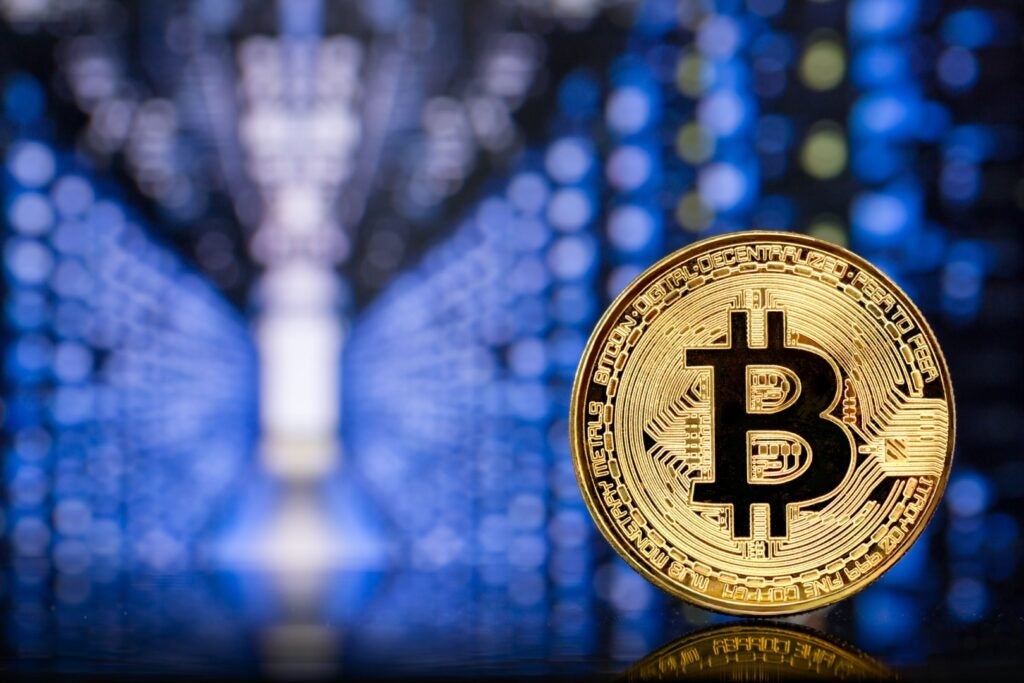Challenges for the U.S. Bitcoin Mining Sector Amid New Tariffs
The Bitcoin mining sector in the United States is encountering significant challenges as new import tariffs on mining equipment sourced from Southeast Asia come into effect.
What Happened
Following the end of a 90-day tariff suspension that was introduced earlier this year, the Biden administration has implemented reciprocal tariffs aimed at ASIC mining hardware imports from crucial Southeast Asian nations, including Indonesia, Malaysia, and Thailand. These tariffs, which took effect on August 7, raise the cumulative import duties from these regions to 21.6%, as outlined in documents obtained by The Block. Ethan Vera, the Chief Operating Officer of Luxor Technology, a Bitcoin mining infrastructure company, noted that while these tariffs are lower than what was initially proposed, they still represent a striking increase compared to the previous standard import duty of 2.6% that was in place before 2024. The heightened costs are already deterring U.S. miners from importing new rigs and are shifting the flow of mining equipment to countries with more favorable trade conditions, such as Canada.
In contrast, the tariffs on mining rigs imported from China remain considerably higher. Currently, imports from China are subjected to a total tariff rate of 57.6%, which consists of a baseline tariff of 10% plus an additional country-specific duty of 20%. Although a proposed increase in these rates was not enacted, the U.S. and China have tentatively agreed to extend the tariff pause, pending final confirmation.
With U.S. miners grappling with escalating import expenses, Luxor is actively seeking partnerships to bolster domestic production of ASICs. Vera disclosed that prominent manufacturers, including China’s MicroBT, are investigating options for assembling equipment within the U.S. to mitigate costs and sustain their market presence. Nevertheless, achieving complete domestic production remains a long-term ambition, as many essential components continue to be sourced from Asia.
Market Implications
Despite the rising costs associated with these tariffs, companies with inventories of used mining equipment in the United States may find a silver lining. According to Vera, the value of these used rigs could see a notable increase of over 20%, as miners shift their focus towards local sourcing.
Not all industry participants share Luxor’s cautious perspective. BitFuFu, a publicly traded crypto mining firm based in Singapore, believes that access to low-cost, renewable energy in U.S. states such as Texas, Oklahoma, and Colorado can help mitigate the adverse effects of the tariffs. BitFuFu’s CEO, Leo Lu, contends that local operational efficiencies and energy cost savings can help maintain miners’ profitability, even in the face of higher initial hardware costs.
The introduction of these tariffs comes despite some political backing for the Bitcoin mining industry. Former President Trump’s vocal support for the crypto sector has not insulated it from broader trade policies, particularly following his “Liberation Day” announcement in April, which imposed significant reciprocal tariffs across various sectors. Although a temporary suspension was initially offered, its expiration has introduced additional uncertainty into the supply chains of U.S.-based crypto firms.
Ethan Vera cautioned that while the long-term prospects for domestic production appear bright, achieving full-scale manufacturing capabilities will take years. Luxor is advocating for Bitcoin mining hardware to receive exemptions similar to those available for computing equipment under the HTSUS 8471 classification. Until such changes are realized, miners and investors are increasingly looking to relocate to jurisdictions like Canada, Brazil, Northern Europe, and Paraguay, which present more favorable trade conditions and competitive energy pricing.

